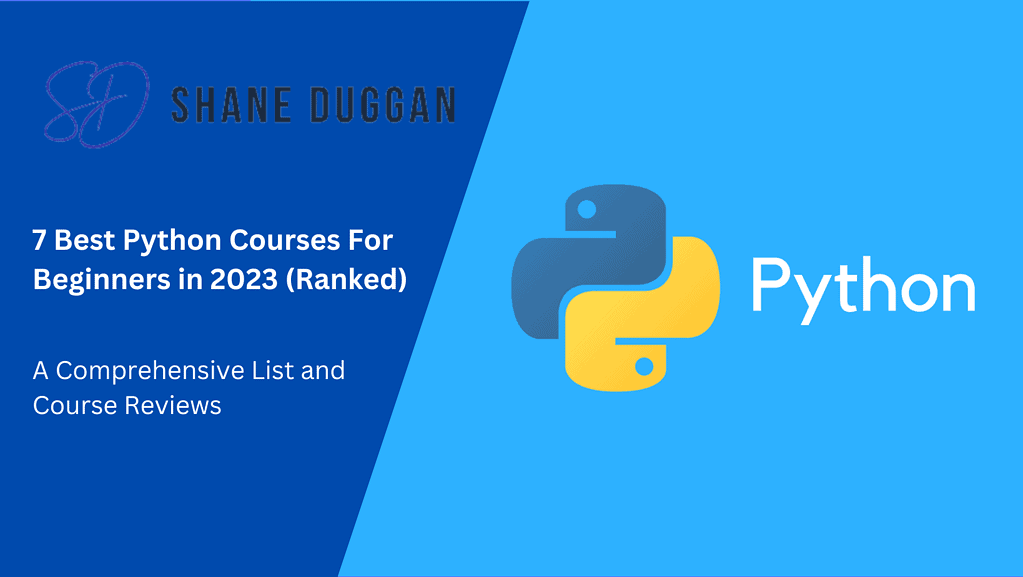27 Programming Languages You Should Learn in 2023 (Ranked)
It is essential knowledge for software developers and other computer-related professionals to know what are the most sought-after programming languages moving forward into 2023. Everything in society is operated by programming – computer languages are used to program everything from heart monitors to traffic lights to cellphones. A software developer’s employment requires them to be …
27 Programming Languages You Should Learn in 2023 (Ranked) Read More »



